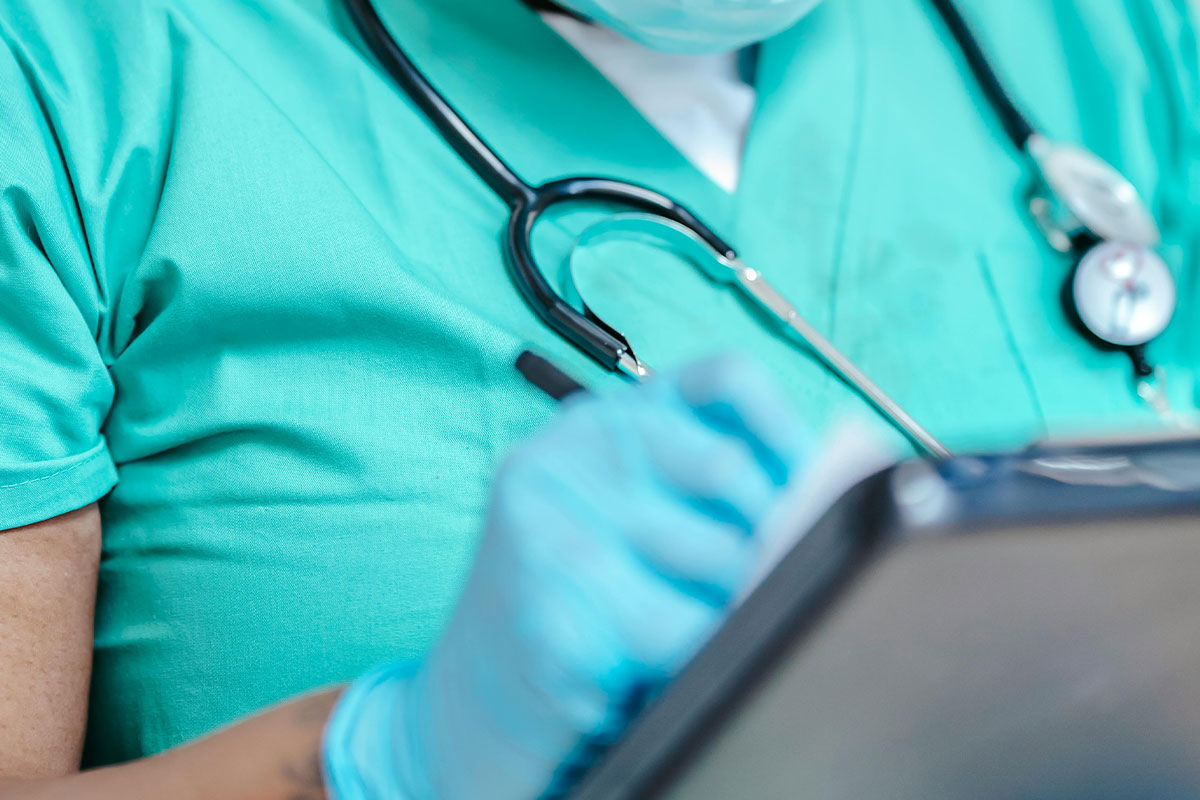After an initial outbreak in 2022, Mpox (formerly known as Monkeypox) was mitigated in the United States with the help of vaccinations and informational campaigns. Two years later, a new outbreak caused the WHO (World Health Organization) to declare Mpox “a public health emergency of international concern”. Here’s what you need to know to protect yourself and your community.
What is Mpox?
Mpox (previously known as monkeypox) is a viral infection. The mpox virus is part of the same family of viruses as the smallpox virus.
How Does Mpox Spread?
Mpox spreads through close, physical contact between people. Anyone can contract or spread mpox, regardless of gender identity or sexual orientation. In most cases, the virus spreads via direct contact with a rash or sores of someone who is infected. It can also spread:
- Through contact with clothing, bedding, and other items
- From respiratory droplets from prolonged face-to-face contact
- During sex or other intimate activities
- Crowded clubs, raves, saunas, sex parties, and other activities with skin-to-skin or face-to-face contact may increase risk
What are the Symptoms of Mpox?
Potential symptoms include:
- A new or unexpected rash or sores that can look like pimples or blisters. These may present all over the body or just on the face, hands or feet, or on or inside the mouth, genitals, or anus.
- Flu-like symptoms: Fever, swollen lymph nodes, headache, and tiredness.
- Complications can include inflammation of the rectum lining or sores that could result in scarring of the eye, mouth, anus, or urethra.
If You're Symptomatic:
- Isolate.
- If you can't fully separate from others at home, wear a face mask and avoid physical contact. Wear clothing that covers your lesions, avoid sharing household items, wash your hands often, and clean shared surfaces.
- Contact your health care provider about getting tested, call 311 or visit the NYC Health Map for help finding a doctor.
- Make a plan to get vaccinated.
Who Should Get Vaccinated?
The vaccine is free and available regardless of immigration status, sexual orientation, or gender identity. However, certain groups have been especially affected by mpox recently and are encouraged to be more diligent about seeking protection. Talk to your provider about vaccination if:
- You have sex with men and/or identify as male, trans, nonbinary, genderqueer or gender non-conforming.
- You consider yourself to be at risk for mpox through sex or other intimate contact now or in the future.
- You are living with HIV or taking HIV pre-exposure prophylaxis (PrEP)
- If you, for any reason, consider yourself at high risk for mpox.
If you have recently been in close contact with someone you think has mpox, you should get the vaccine as soon as possible and no later than 14 days after the exposure. If you’ve already had mpox, you should not get vaccinated.
Stay Informed to Stay Safe
Get updates on vaccine availability. For appointment updates, text MONKEYPOX to 692692 or MONKEYPOXESP for Spanish alerts. You may also check the NYC Vaccine Finder website to find a vaccination location near you.
Follow the NYC Department of Health and Mental Hygiene, the New York State Department of Health, the CDC, and other public health organizations for new developments, options for symptom mitigation, and more ways to prevent transmission.
By Luiza Teixeira-Vesey, Digital Marketing Specialist and Mirielle Clifford, Deputy Digital Media Director with information sourced from Centers for Disease Control (CDC), New York State Department of Health, and NYC Department of Health and Mental Hygiene.
Image: Laura James for Pexels
Don't miss the latest from the Office of the Public Advocate. Subscribe to the Advocate Bulletin newsletter.
